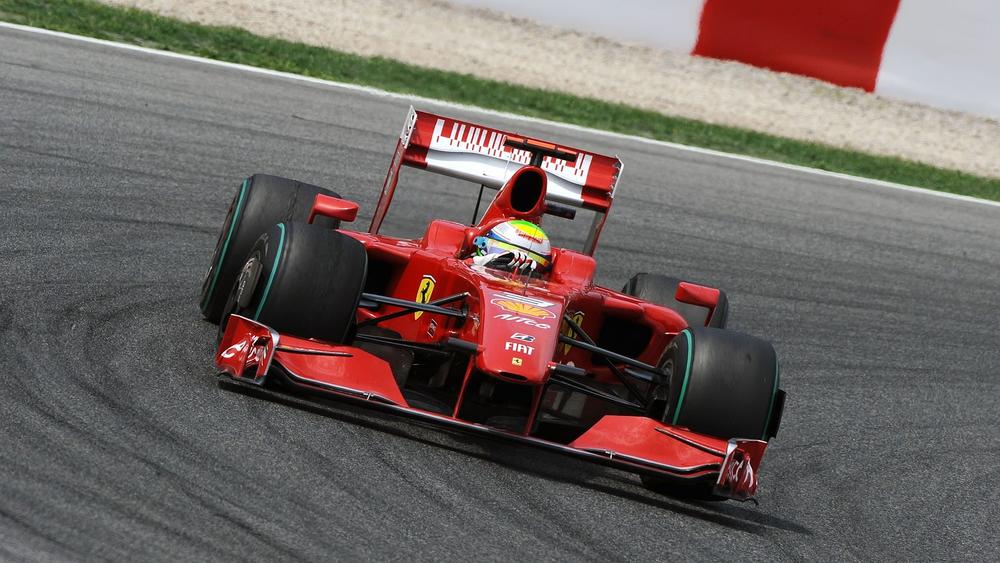Amandes/Pixabay
In Formula One racing, slower drivers are expected to move aside when a faster car laps them. But some don’t give way so easily. They might wait for a spot that costs them less time, delay just enough to stay in their rhythm, or even make the faster driver fight harder to get past, throwing them off their pace. A sore loser may still find ways to resist, even when the race is decided.
|
ADVERTISEMENT |
New research from Wharton management professor Henning Piezunka explains why some competitors refuse to accept defeat—not just in F1, but in business and politics as well. The study, published in the journal Organization Science, analyzes nearly a decade of F1 races and more than 7,000 “lapping events.” It finds that two key factors—rivalry between racers, and the personal advantages a competitor might gain by refusing to back down—play a big role in whether a losing racer actually steps aside.
…

Comments
"Sore Losers" Article
IMO the entire analogy-point of the article is wrong. Car racing is a competition. The drivers are racing. Against each other, period. If you're faster than me, OK but you're going to have to earn that pass. That said, if a backmarker doesn't let, let's say, the top cars in the race pass, then that can be labeled a lack of sportsmanship. But a sore loser? I'm not buying it.
Add new comment